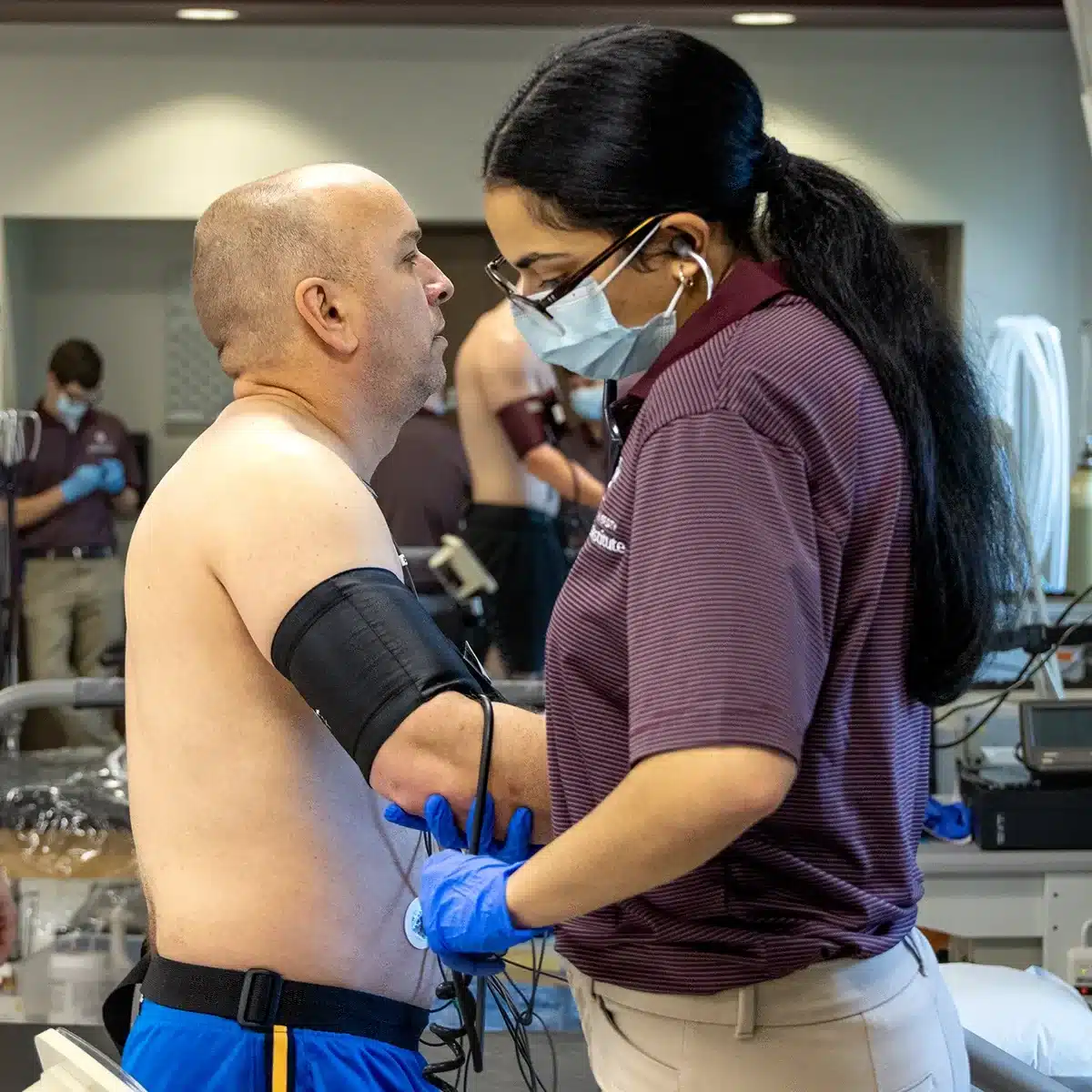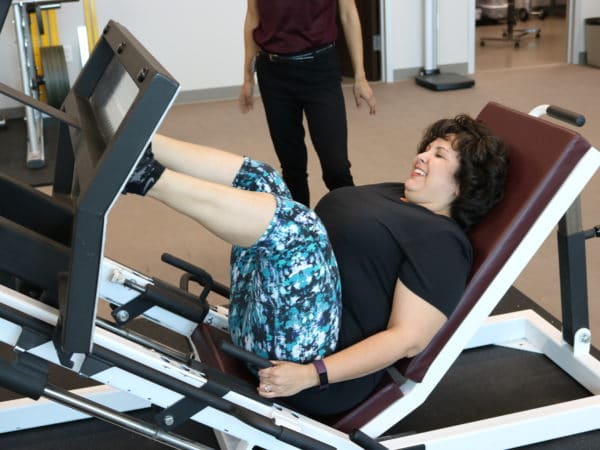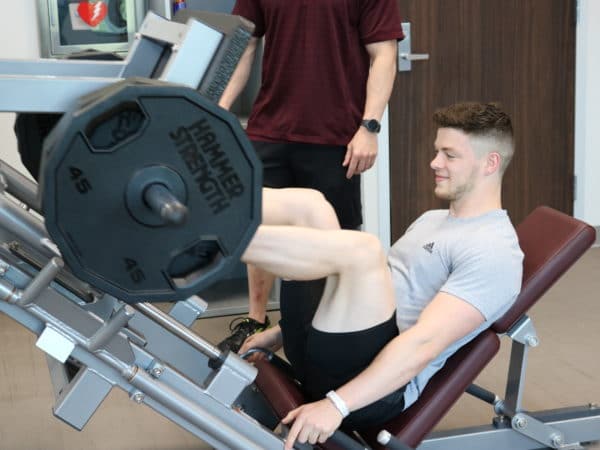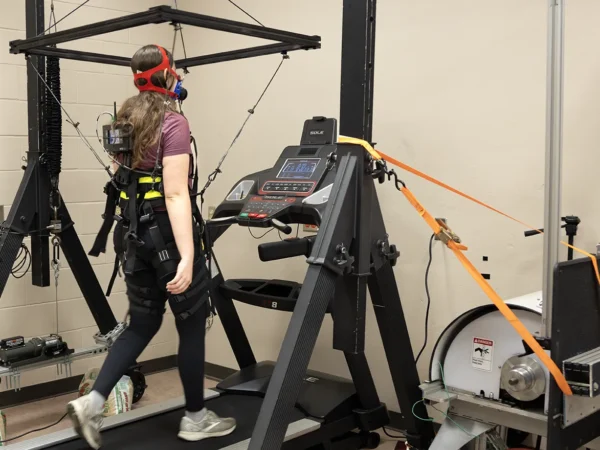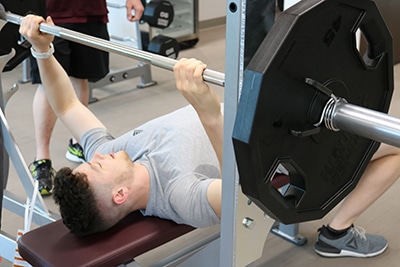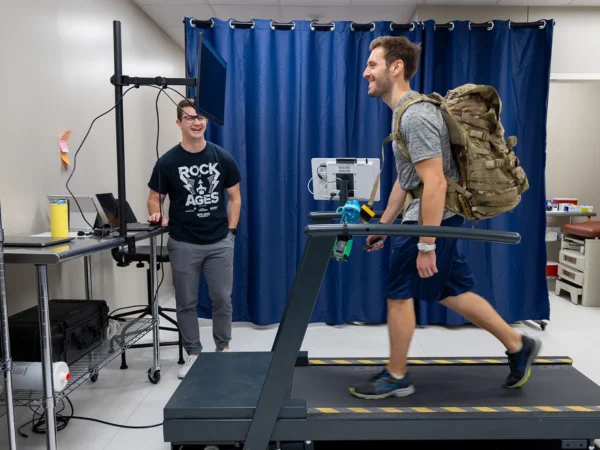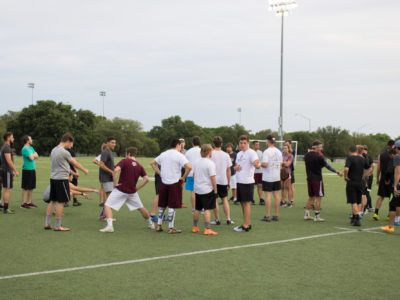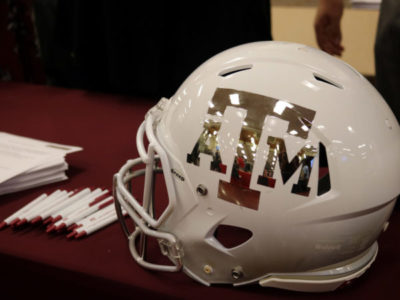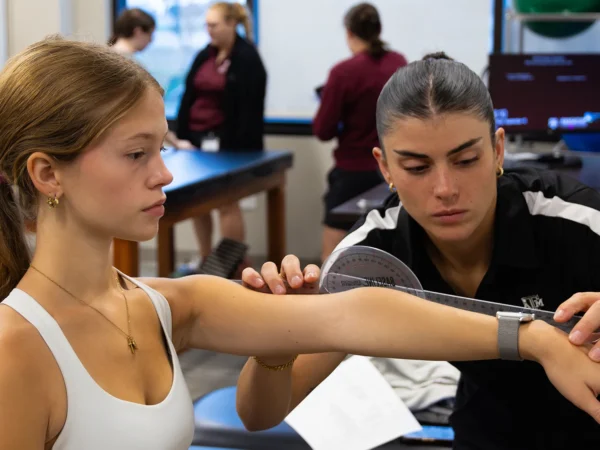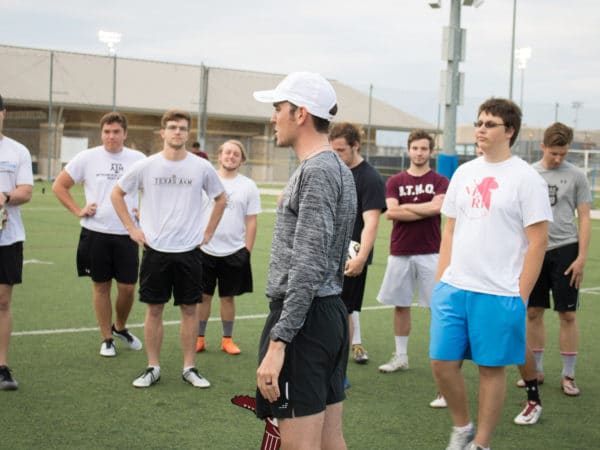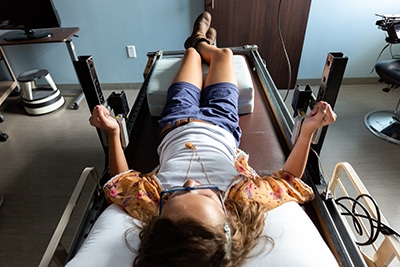Graduate Advising
Our office is here to assist both prospective and current students in the Department of Kinesiology & Sport Management (KNSM).
The role of a graduate advisor is to serve as an administrative liaison for graduate students navigating the requirements of graduate school from the admissions process to degree completion.
Graduate advisors do not consult with students about specific coursework.
Graduate Advising Office
Email: knsm-grad@tamu.edu
Gilchrist Suite 145
8:00 a.m. – 5:00 p.m. Monday – Friday (Closed University holidays.)
Phone number: 979-845-4530
Graduate Advisors
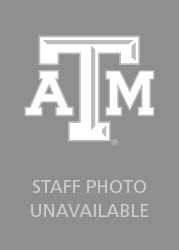
Joshua Russell
Academic Advisor III
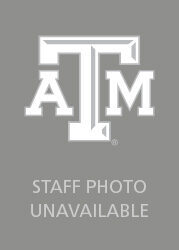
Brandi Hatzenbuehler
Academic Advisor II
Graduate Admissions
Master’s Admissions
Completed applications are reviewed by the division-specific admissions committee, each of which is comprised of three graduate faculty members within their respective division. Newly admitted master’s students are assigned an initial/temporary faculty advisor; the student is free to change advisors after the first semester in the program. All Masters applicants are considered Non-Thesis M.S. students, unless the applicant submits a written request to do a thesis. A Research Member of the KNSM Graduate Faculty must individually accept a MS-thesis applicant as his/her advisee for the student to be accepted into the program.
For more information about the application and deadlines, please visit our Master’s Admissions page.
Doctoral Admissions
Applications are accepted in a rolling-basis year-round; however, all students who want to be considered for University or KNSM funding (e.g., GAT, GAR) need to apply by the December 1st deadline. Completed applications are forwarded to the respective division faculty for evaluation. Appropriate academic qualifications are determined by the accepting faculty member and divisional admissions committee. A Research Member of the KNSM Graduate Faculty must individually accept a doctoral applicant as their advisee for the student to be accepted into the program.


